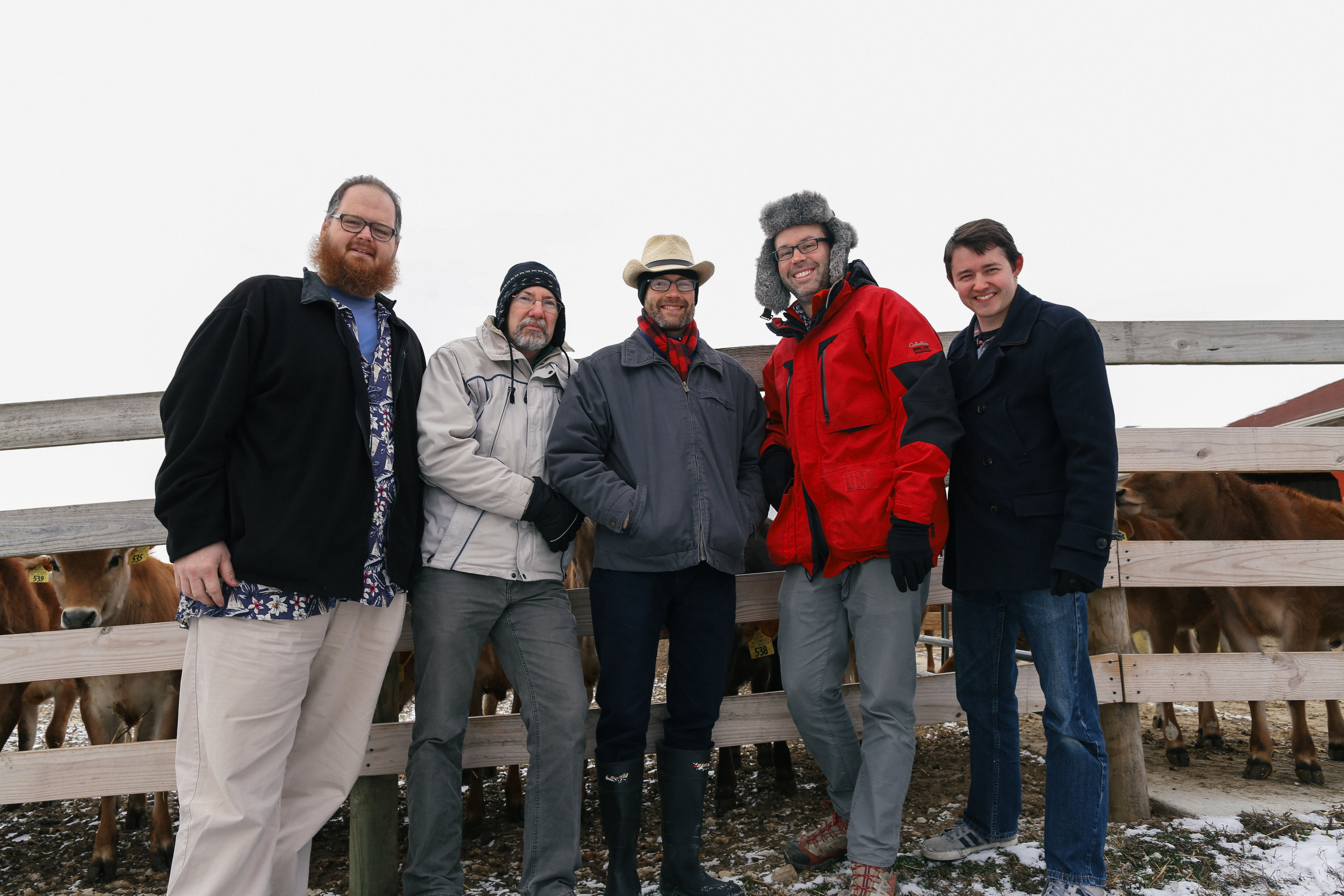About
Introducing the State Climate Office of Ohio (SCOO)
Accessing accurate climate information, education, and interpretation is critical for policy makers and all sectors of Ohio’s economy and will enhance the quality of life, health, food and water security, and economic prosperity of all Ohioans. The State Climate Office of Ohio (SCOO) is a new team based at The Ohio State University (OSU) that connects Ohioans with transformative climate information.
The SCOO Prospectus
SCOO embodies four core mission activities focused on connecting people and climate: Communication, Information Services, Education & Outreach, and Research. We have already forged many partnerships that should yield positive impacts with regard to climate-related engagement and communication, including connections with OSU Extension in the College of Food, Agriculture, and Environmental Science (CFAES) and its associated instrumental observation network, the Ohio Agricultural Research and Development Center (OARDC) Weather Network; the Ohio Emergency Management Agency (OEMA); and the Midwest Regional Climate Center (MRCC).
Key climate-related questions require engagement of experts from many disciplines, sectors (energy, security, food, health), and institutions, underlain and sustained by transformative data stewardship that facilitates a climate aware and resilient society. How will Ohio adapt and build resilience to a warmer world? What will be the imprint of climate variability on our economy, food security, natural resources, energy infrastructure, health and well-being? What are the chances and potential manifestations of extreme floods and droughts? How can Ohioans build resilience to actual and future climate disruptions?

History of the Position of State Climatologist
Though historically housed within the Department of Geography and Atmospheric Sciences Program since the termination of the federal climate program in 1973, the rebranded SCOO is a primary level partnership between the Department of Geography and the Byrd Polar and Climate Research Center (BPCRC) at OSU. Our newly expanded office is a timely convergence of scientific research, educational skills, technical expertise, and professional interconnectedness.
Until the early 1970s, state climatologists and their staff were supported by the federal government. After the state climatologist program was abolished at the Federal level many attempts were made to continue funding at the individual State level. Ohio is one of the few states where this funding has never been realized. Over 75% of the funded state climatologists are affiliated with a department or center at a university while the remainder are associated with some branch of state government. Since the mid-1980s the federal government has supported regional climate centers, but it has not returned to state-level support. In states with no support, the state climatologist is the person who, in written agreement with the National Climatic Data Center (NCDC) in Asheville, NC, maintains the state's climatic archive and who is the recipient of all current state climatic data. Professor John Rayner of the Department of Geography at Ohio State was the first state climatologist under this arrangement, followed by Jeffrey Rogers and Bryan Mark, the third state climatologist. Currently, Aaron Wilson maintains efforts to archive and disseminate climate information about the state of Ohio in addition to his duties as Assistant Professor - Ag Weather and Climate Field Specialist, Department of Extension, College of Food, Agricultural, and Environmental Sciences.
